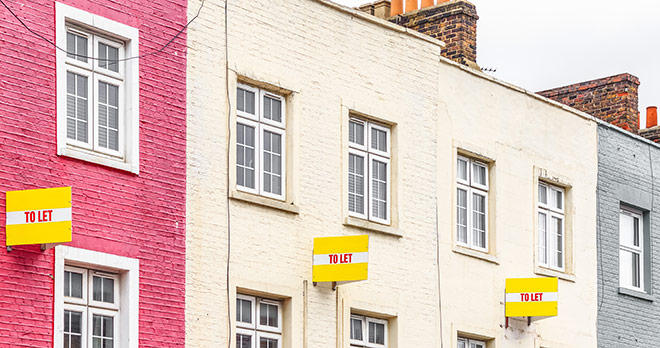Landlords: new changes to affect your possession claims

The changes seem to be a mechanism to assist the Court to deal with a backlog of current cases and a predicated wave of new cases after 23 August rather than any sort of genuine wish to assist tenants or landlords.
For claims issued and stayed before 3 August 2020:
• A landlord who wishes to resume proceedings after the stay is lifted must notify the Court and defendant by serving a 'reactivation notice'. The exception to this is if a final possession order has already been made.
• If a reactivation notice is not filed and served the claim will not be progressed, listed, relisted or heard by a Judge.
• A reactivation notice must include information as to what effect the pandemic has had on the tenant, tenant's family and any benefits they may be receiving, so that the Court can consider a tenant's vulnerability, disability and those who are shielding. No guidance is given as to how a landlord can find this out or if a tenant is obliged to supply the information to a landlord if asked.
• The Court will be allowed more time between the issue of the claim and the hearing, which under current provisions should not be more than 8 weeks. As a result landlords can expect significant delays in getting their claim for possession heard.
For new claims issued on or after 23 August 2020 and stayed claims issued on or after 3 August 2020:
• The Court will expect the landlord to evidence compliance with the Court's Pre-action protocol for possession claims before issuing a claim.
• Although a reactivation notice is not applicable, the Court must still be informed about what knowledge the landlord has about the effect of the pandemic on the tenant and their family.
Placing the onus on a landlord to provide the Court with additional information on the impact of the pandemic on the tenant seems to have been designed to aid the Court in making a decision with regard to possession claims on discretionary grounds and as to how long the tenant should be given to vacate in non-discretionary grounds. Of course, from the point of view of the court, it simply does not have to deal with cases where the information is not supplied. It is unclear if or how the court will notify those landlords who have issued claims and are waiting to receive an order or hearing date.
The Rules seem rushed and not thought through. It is unclear as to what the consequences are if a landlord says that he/she does not know what, if any, effect the coronavirus pandemic has had on the tenant/tenant's family.
There is also no clarity as to the potential consequences of a landlord filing and serving a reactivation notice that is not fully compliant or as to what would happen if it is not filed and served by the deadline of 29 January 2021. Could the possession claim be left 'hanging' or will it be struck out? Is there therefore a risk to the tenant that the claim could be restored by a landlord by making an application to the Court at some distant point in the future?
The Government has also strongly encouraged landlords not to pursue non priority possession cases through the courts but instead to engage with the tenant to resolve the situation before issuing proceedings. Negotiating with the tenant prior to issuing proceedings and following the Pre-action Protocol for possession claims is likely to be very unfamiliar for private landlords but cannot now be ignored. We will discuss the Protocol in a separate article.
Whilst these provisions may provide some respite for tenants in the short term by dealing with possession action, ultimately if there are arrears of rent judgments will be issued and will have to be paid if the tenant is to avoid enforcement action and damage to his/her credit scoring.
As for landlords, there does not appear to be any current recognition by the Government that they are also struggling with loss of income during the coronavirus crisis. Landlords are warned by the Government, however, to follow 'strict procedures' if they want to obtain possession of their properties and the process is slowed down for those who do follow the procedures.